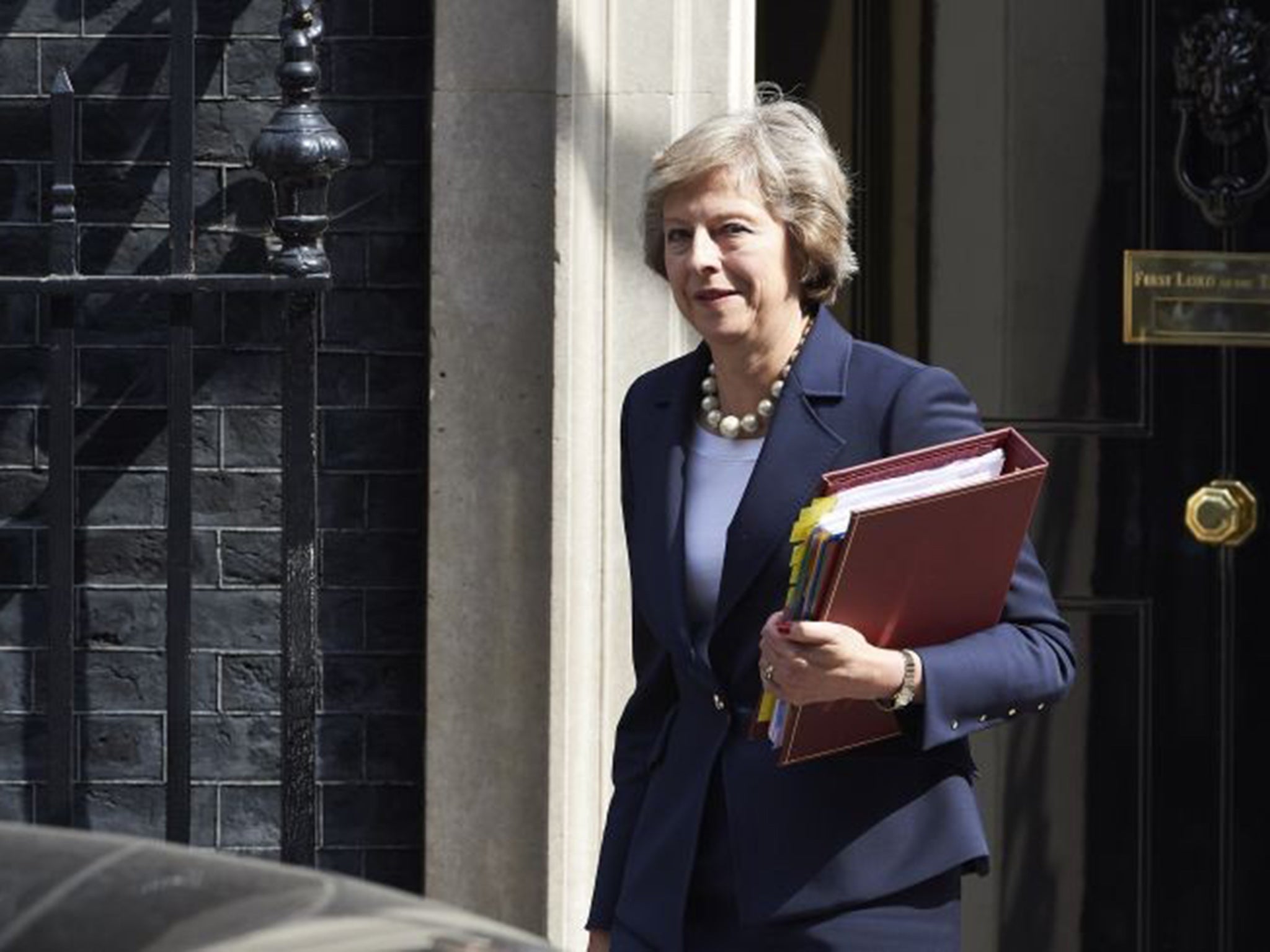It might sound scary, but in the long-term a 'hard Brexit' without access to the single market could work out for the best
We have a huge trade deficit with Europe, but a surplus with the rest of the world. So maybe being part of the single market acts against our interests, not in favour of them


Hard Brexit or soft Brexit? That will be the key decision facing both the UK and the rest of the EU and neither side has any idea of which way the negotiations will go. What we – and Europe – will learn more about in the next few weeks will be the sort of relationship that both sides might feel comfortable with. And our new Prime Minister will start to develop some feeling for this from her first meeting as PM with Angela Merkel tonight. Tomorrow she goes on to see François Hollande.
Politics being politics, it may turn out that neither is in office when the negotiations move to their denouement. In any case they are only two out of the 27 heads of governments in the rest of the EU, which will have to agree the deal. But she, a Remainer, will be starting to see the potential shape of the negotiations, and be starting also to frame a preferred UK position.
As far as what is possible is concerned, it is pretty obvious that some sort of Norwegian deal is on the table. As members of the European Economic Area, we would retain access to the European market, but continue to be bound by its rules and have to pay some sort of membership fee. That would be at the softest end of the Brexit range, you might say Brexit-lite.
But while this would be the least disruptive, it would not necessarily suit UK economic interests in the medium and longer terms. Hard Brexit would mean selling goods and services into the EU on the same terms as the US, China, Singapore, Canada and so on, but also being able to force EU countries to export stuff to the UK on the same basis as the rest of the world. Since we sell less to them than we buy from them, in the short-term hard Brexit would hurt Europe more than it hurt us.
In the long-term we might do much better with such an arrangement, particularly since we would then have the freedom to negotiate other trade deals with the rest of the world – deals which the EU has found it difficult to do. People who argue this tend to note that we have a huge trade deficit with Europe, but a surplus with the rest of the world. So maybe being part of the single market acts against our interest, not in favour of it.
In between these two extremes are a string of compromises, and the world being the way it is, something in the middle is the usual outcome. But to be in the middle might give the worst of both worlds. A hard Brexit might be better than a mushy Brexit. The basic point is that at the moment we don’t know what we want, let alone how to get it.
That is because while some of this debate took place before the referendum, it was carried out in the abstract: what sort of deal might be done if we voted out. Now it is the reality, and the lawyers have only just begun to think through the legal complications of the exit. As for the government, it will take months to develop its preferred strategy.
What has, I think, become clearer since Theresa May took over is that she will seek a deal that will be supported by 48 per cent, or at least most of them, as well as the 52 per cent. That is a bit of progress.


Join our commenting forum
Join thought-provoking conversations, follow other Independent readers and see their replies